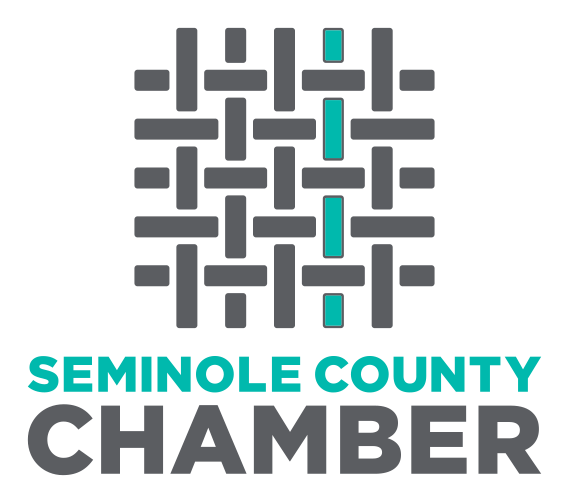Ensuring that your financial affairs are in order is a crucial step towards providing security for your loved ones in the event of your passing. Here are some important tips to consider:
1. Designate Beneficiaries: One of the simplest yet most effective steps you can take is to designate beneficiaries for all your financial accounts including checking, savings, CDs, life insurance, and investments. By doing so, your designated beneficiaries can access these funds with just a death certificate, bypassing the need for a will. Make a handwritten list of these accounts and provide it to a trusted individual or keep it in a secure location such as a safety deposit box at the bank.
2. Transfer On Death (TOD) Deed: If you own a home, consider completing a Transfer On Death deed and filing it with your county. This document allows you to transfer ownership of your home to your chosen beneficiary without the need for probate, saving your heirs significant time and money.
3. Legal Documents: It’s essential to have various legal documents in place to ensure your wishes are carried out effectively. These include a Living Will, which specifies your healthcare preferences in the event you cannot communicate them yourself. A Durable Power of Attorney designates someone to make legal decisions on your behalf if you become incapacitated while a Power of Attorney for Healthcare authorizes someone to make healthcare decisions for you. A Last Will and Testament outlines the distribution of your assets and personal belongings, although beneficiaries on financial accounts take precedence over the will. Finally, a Funeral Planning Declaration allows you to outline your preferences for your funeral arrangements.
4. Avoiding Probate: By having the above documents in place and ensuring all financial accounts have designated beneficiaries, you can avoid the need for probate, which can be a lengthy and costly process.
5. Estate Account: If you haven’t designated beneficiaries for certain accounts, the funds may need to go into an estate account requiring legal assistance to manage.
6. Documentation and Communication: Compile a detailed list of all financial accounts, investments, credit cards, and other pertinent information. Ensure your heirs know where to find important documents such as life insurance policies and vehicle titles. It’s also crucial to communicate important information such as Apple/Google IDs and bank account logins and passwords to trusted individuals.
7. Trusts: Consider setting up a trust, especially if you have beneficiaries who are minors, and appoint a trustee to manage the assets on their behalf.
8. Communication of Wishes: Lastly, have open and honest conversations with your loved ones about your wishes and decisions. Explain the reasoning behind your choices to avoid confusion or conflicts later on.
In conclusion, taking proactive steps to organize your financial affairs and communicate your wishes can provide peace of mind for both you and your loved ones.
Additionally, organizations like Jewish Pavilion Senior Services and the Orlando Senior Help Desk offer valuable support and resources for seniors and their families, addressing various eldercare needs and promoting inclusivity and community support. Learn more at JewishPavilion.com.
Jewish Pavilion Senior Services
-
Nancy Ludin CFO
- September 09, 2024
- (407) 678-9363
- Send Email



